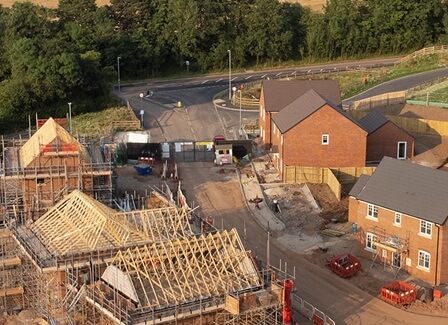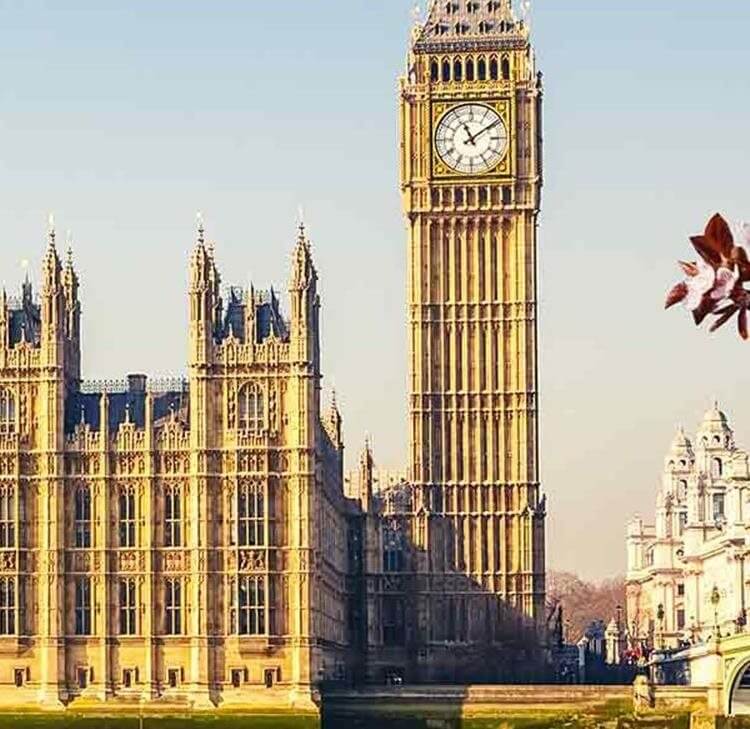Back in December 2023, we provided a brief summary of the Levelling-up and Regeneration Act 2023 (LURA), what had come into force since the LURA had received Royal Assent and what we could expect to see coming forward at a later date.
Further provisions in the LURA have now come into force. We have taken a look at what these provisions are and what they mean, particularly in the context of planning enforcement issues.
Enforcement warning notices
Section 117 of the LURA (which came into force on 25 April 2024) inserts a new section (s.172ZA) into the Town and Country Planning Act 1990. This creates a new power for local planning authorities in England to issue an enforcement warning notice.
Enforcement warning notices can be utilised where it appears to the local planning authority that there is a breach of planning control, that has the reasonable prospect of being acceptable in planning terms. The enforcement warning notice will request the submission of a retrospective planning application within a specified period. If this is not done, the local planning authority can take further enforcement action.
Extension of the four-year rule
Section 115 of the LURA (which also came into force on 25 April 2024) makes amendments to section 171B(1) and 171B(2) of the Town and Country Planning Act 1990. These amendments extend the time in which local planning authorities can take enforcement action against unauthorised developments in England to ten years (from the previous four year time limit). It should be noted that the time limits in Wales are not altered.
Temporary Stop Notices
Section 103 of LURA came into force on 25 April 2024. This amends the Planning (Listed Buildings and Conservation Areas) Act 1990 by inserting a new section 44AA, which enables local planning authorities to issue temporary stop notices for up to 56 days if it suspects unauthorised works have been carried out to a listed building. The temporary stop notice will cease to have effect at the end of the 56 day period (or such shorter period if specified in the notice).
Undue delay in enforcement notice and lawful development certificate appeals
Section 119 of the LURA came into force on 25 April 2024 (subject to transitional provisions). This section of the LURA amends sections 176 and 195 of the Town and Country Planning Act 1990 to allow the Secretary of State to dismiss an appeal (in England) in relation to an (1) enforcement notice or (2) an application for a lawful development certificate if the appellant is causing undue delay to the appeal process.
If the Secretary of State wishes to dismiss an appeal in these circumstances, they must issue a notice explaining that the appeal may be dismissed if the appellant does not take steps set out in the notice to expedite the appeal within a required time frame. If the appellant fails to tale these steps, the Secretary of State is able to dismiss the appeal accordingly.
Increasing maximum fines for breach of condition notices and failing to comply with section 2015 notices related to maintenance of land
Section 120 of the LURA (which came into force on 25 April 2024, subject to transitional provisions), amends sections 187A and 216 of the Town and Country Planning Act 1990. These amendments increase the maximum level of fines that are available for breaching condition notices and failing to comply with section 215 notices (notices served by the local planning authority requiring steps to be undertaken to remedy the condition of land if the amenity of an area, or adjoining area, is adversely affected by the condition of land).
Work has been undertaken by the Government since December to bring a number of provisions in the LURA into force, implementing some of the reforms they promised to level up the UK. Given the proximity of the general election, we will need to wait and see what a new government will do in terms of implementing levelling up and further planning reforms, and if, and how quickly, the remaining provisions will be brought forward.










































